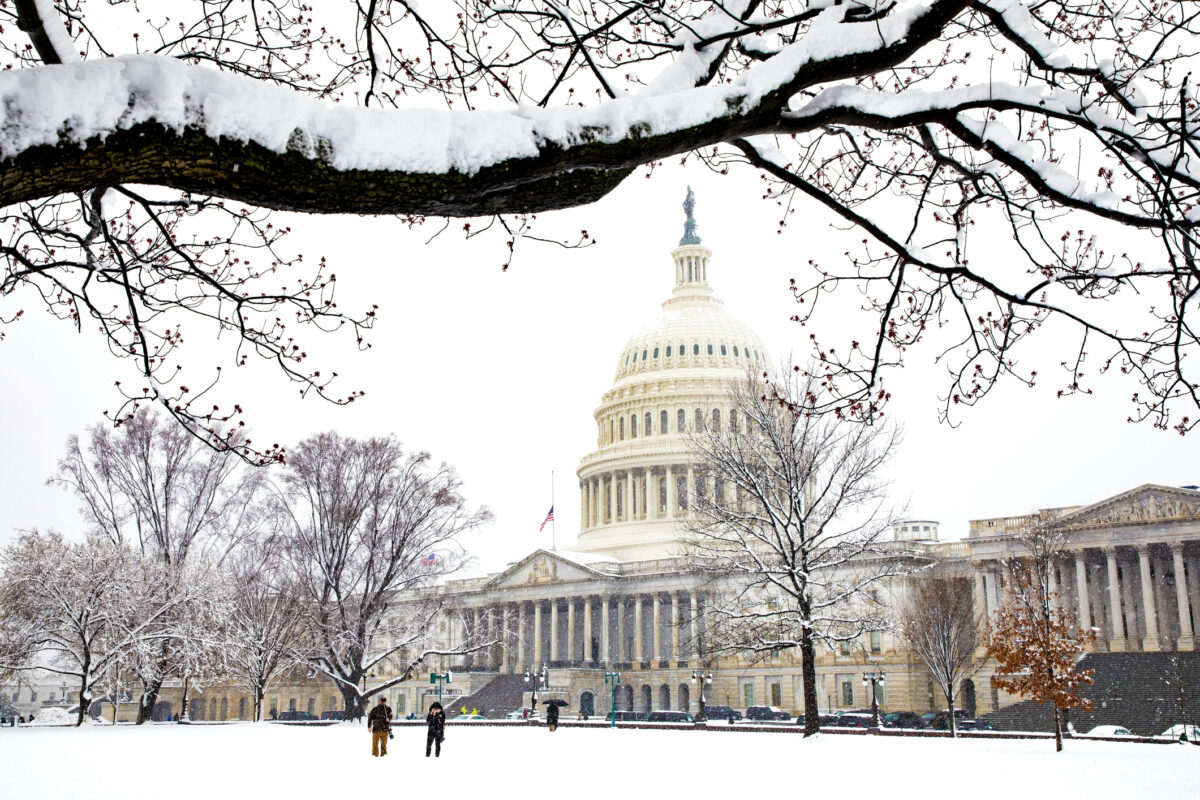WDQC: House Committee Passes First Bill to Implement Recommendations from Evidence-Based Policymaking Commission
Published Nov 07, 2017
by: Brian Wilson, Director of Workforce Data Quality Campaign
This post was first published on the Workforce Data Quality Campaign blog.
On November 2, the U.S. House Committee on Government Oversight and Reform passed H.R. 4174, the Foundations for Evidenced-Based Policymaking Act, by a voice vote. H.R. 4174 is the first bill based on the recommendations of the Commission on Evidenced-Based Policymaking. The Committee acted just one day after the bill had been introduced, suggesting the high priority placed on the legislation. The bill is sponsored by Speaker Paul Ryan (R-WI). A Senate companion bill is sponsored by Senator Patty Murray (D-WA).
Speaker Ryan and Senator Murray had earlier led Congressional efforts to establish the 15-member Commission. The Commission was charged with making recommendations to strengthen the availability of data for evidence-based policymaking. Workforce Data Quality Campaign (WDQC) testified before the Commission, and submitted written recommendations in collaboration with colleague organizations. The Commission’s September 2017 report is mostly consistent with WDQC’s recommendations.
Title I of H.R. 4174 would require each federal agency to develop a plan for evidenced-based policymaking. The plan would include policy questions, and descriptions of data collection and analytical methods. Each agency head would appoint a Chief Evaluation Officer who would assess the agency’s evaluation capacities, develop the agency’s evaluation plan, and would be charged with the plan’s implementation. The Director of the Office of Management and the Budget (OMB) would coordinate the agencies’ efforts. The Director would be advised by an Interagency Council on Evaluation Policy consisting of the Chief Evaluation Officers. Each agency director would also appoint a statistical official to guide the agency’s statistical activities, and OMB would establish the Advisory Committee on Data for Evidence Building that would make recommendations for expanding access to and using federal data for evidence-based policymaking. In addition to federal representation, the Advisory Committee would include at least ten expert members who represent state and local governments, as well as nongovernmental stakeholders.
Title II is the Open Government Data Act. The Title would guide agencies on making federal data open and accessible to the public. Agencies would consider statistical data to be open by default, unless there are explicit restrictions that prevent access, for example, due to reasons of national security. Title II directs each agency to conduct, and make publicly available, a comprehensive inventory of the data collected or maintained by the agency. The Administrator of General Services would maintain a Federal Data Catalogue of federal data assets, including information on how the public can access the data. Finally, the head of each agency would designate a career appointee as a Chief Data Officer who would be responsible for managing the agency’s data assets. OMB would coordinate the Chief Data Officer Council which would advise agencies on best practices in data management.
Title III addresses the protection of confidential information partly through updating the Confidential Information Protection and Statistical Efficiency Act (CIPSEA). It would restrict the disclosure of individual information, without the consent of the individual. Title III also addresses statistical efficiency, for example by directing agencies to avoid duplication in the collection of data from businesses.
H.R. 4174 is expected to be the first of several bills that would codify the Commission’s recommendations. In 2018, additional legislation is expected to establish the National Secure Data Service that would match data sets from multiple sources to create linked data to inform evidence-based policy. An anticipated third round of legislation would, among other actions recommended by the Commission, identify a single federal source for wage records. The Commission did not recommend what that single source should be.
WDQC will continue to provide input, and monitor and share these legislative developments as they occur.


